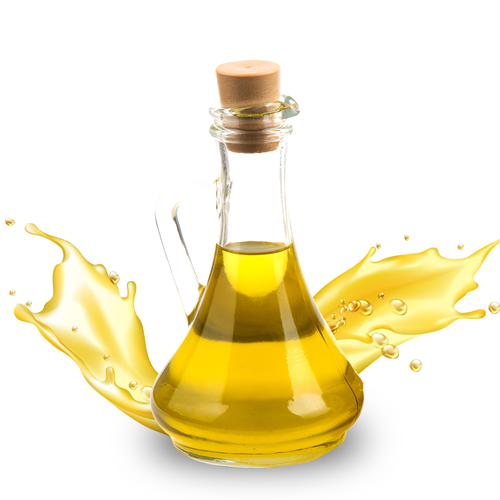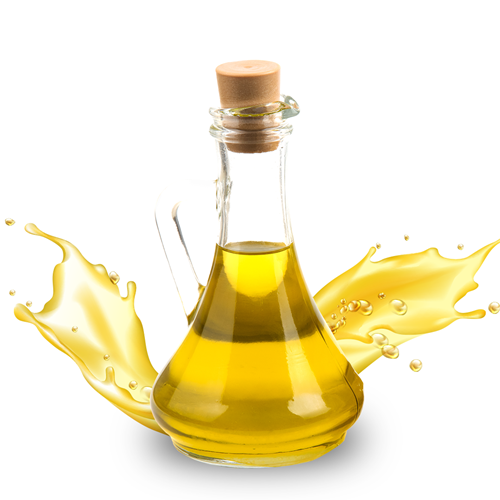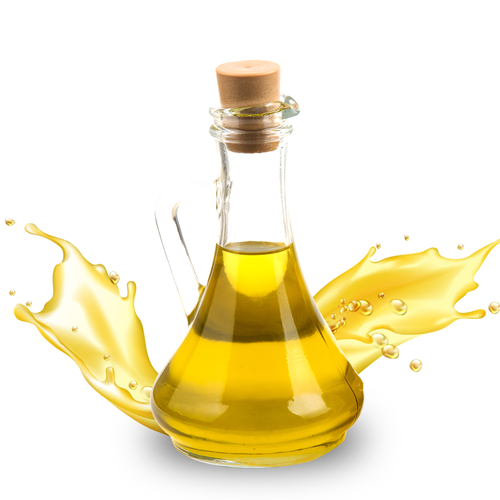Menu
Add description, images, menus and links to your mega menu
A column with no settings can be used as a spacer
Link to your collections, sales and even external links
Add up to five columns
Add description, images, menus and links to your mega menu
A column with no settings can be used as a spacer
Link to your collections, sales and even external links
Add up to five columns
LOOKING FOR BULK INGREDIENTS PRICING?

Benefits of Citric Acid - Wholesale B2B Bulk Suppliers
The Power of Citric Acid: From Lemons to Lab
Introduction:
Citric acid is a household name, often associated with its tart presence in citrus fruits like lemons and limes. However, its utility extends far beyond the kitchen, playing a crucial role in various industries from food preservation to pharmaceuticals. This naturally occurring organic acid, scientifically known as C₆H₈O₇, is a testament to nature's brilliance and mankind's ingenuity in harnessing its properties for diverse applications.
The Chemistry of Citric Acid:
Citric acid is a weak organic acid with three carboxyl groups, which is what gives it its acidic properties. It is a part of the citric acid cycle, a fundamental metabolic pathway in all aerobic organisms. This cycle is essential for energy production, highlighting the importance of citric acid at the cellular level.
Natural Sources and Production:
Naturally, citric acid is found in high concentrations in citrus fruits like lemons, limes, and oranges. It can also be found in smaller amounts in berries, pineapples, and certain vegetables. Industrially, citric acid is produced predominantly through microbial fermentation using Aspergillus niger, a process that is both efficient and cost-effective. This method has largely replaced the extraction from citrus fruits due to its scalability and sustainability.
Applications in Food and Beverages:
One of the most common uses of citric acid is as a food additive. It acts as a preservative, flavor enhancer, and acidulant. In beverages, it provides a refreshing tartness that balances sweetness, making it a staple in soft drinks and fruit juices. Its preservative properties extend the shelf life of various food products by inhibiting the growth of harmful bacteria and fungi.
Role in Cleaning and Personal Care Products:
Citric acid's chelating properties, which allow it to bind with metals, make it an excellent ingredient in cleaning agents. It effectively softens water, enhances the effectiveness of soaps and detergents, and removes limescale and mineral buildup. In personal care products, citric acid adjusts the pH, ensuring that products are safe and gentle on the skin.
Medical and Pharmaceutical Uses:
In the pharmaceutical industry, citric acid is used to stabilize active ingredients and enhance the absorption of certain medications. It is also a key component in effervescent tablets, where its reaction with bicarbonates produces carbon dioxide, facilitating quick dissolution. Additionally, citric acid is employed in blood preservation solutions and as an anticoagulant.
Environmental Impact and Sustainability:
The production and use of citric acid are generally considered environmentally friendly. The microbial fermentation process for industrial production is sustainable, relying on renewable resources like molasses and cornstarch. Moreover, citric acid is biodegradable, breaking down into harmless substances, thus minimizing its environmental footprint.
Conclusion:
Citric acid is a multifaceted compound whose versatility extends from enhancing the flavors in our food to playing a vital role in industrial and medical applications. Its natural origin and the sustainable production process make it an exemplary substance in the quest for more environmentally conscious chemicals. As we continue to explore and innovate, citric acid stands as a remarkable example of how nature's gifts can be harnessed to improve various aspects of our lives.
Whether you're squeezing a lemon into your water, cleaning your bathroom, or taking a fizzy vitamin tablet, citric acid is quietly at work, showcasing its incredible versatility and value. Next time you encounter this humble acid, take a moment to appreciate the myriad ways it enriches our daily lives.
For bulk orders and inquiries, visit: Reveda Citric Acid
BUY ONLINE IN USA FROM REVEDA - The leading manufacturer B2B Bulk Wholesale Supplier of
Also in Reveda: Health & Wellness

Benifits Of Omega-3 Fish Oil EE - 460 MG/G EPA & 180 MG/G DHA - Wholesale B2B Bulk Suppliers in USA
Read More
SUBSCRIBE NOW ...
Don't miss to get latest updates on sales, new releases and promotions

